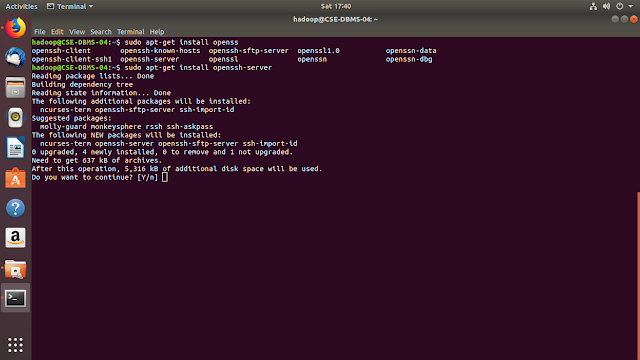This is a story of a woman who sacrificed lots of things for her family.
A long long time ago, my husband, our two sons and I had gone out for an ice-cream treat. It was sometime when I was always thinking of curbing unnecessary expenditure. As a selfless person, who was too much in love with her family to deny them of any pleasure, I always chose to sacrifice my own excesses. And it didn’t even feel like a sacrifice ever, because I was a woman of very few needs/ wants/ desires...
So, when my husband asked each one of us to choose our favorite flavor of ice-cream, I responded as usual, “I won’t have any.”
So, when my husband asked each one of us to choose our favorite flavor of ice-cream, I responded as usual, “I won’t have any.”
The boys enjoyed one round and ordered another; my response remained the same, “I don’t want any.”
I was happy with my family’s happiness. I was happy that my not indulging in pleasure was perhaps ensuring some more goodies in the future for my dear ones.
But my husband looked at me and said, “Please don’t do this to yourself and to us. I want a happy wife; not a sacrificial lamb. I have seen that too much sacrifice eventually leads to bitterness and victim mentality. And I sure as hell do not want you to develop that. You see, after a period of time, the boys and I will stop asking you for your choice, because we will assume that you don’t want it; we will take you for granted and subconsciously start treating you as a doormat. It will then hurt you and you will feel miserable and unimportant. You will think that we don’t care about you. While in truth we would be behaving naturally, knowing from experience that you don’t care for yourself. That your wishes are not important. So, I suggest that you always take your share and then if you really don’t like it, share it with someone who does. That will be good for all of us. You will learn how to claim your importance in your own and our eyes and we will always ask you. There will be happy all around.”
His talk made sense to me and I couldn’t help but think about many older women who always complained, “I did so much for so and so but today they don’t even think/ care for me.” I also remembered many instances where children would turn back and say, “But why did you do so much? Did we ask for it? You did it because it made you happy. Who asked you to be so self-sacrificing?” This train of thought made me take a re-look at the word 'selfless', equating it with self-sacrifice. That day the meaning of these words opened up for me!
Self-sacrifice is not the balanced way!!!






















































